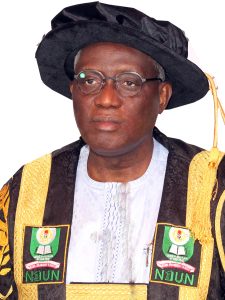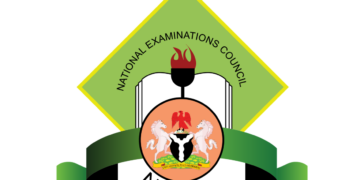The Vice-Chancellor of the National Open University of Nigeria (NOUN), Prof. Olufemi Peters, has issued a warning about the dangers of fake news, urging the public to be cautious when sharing information.
Peters stated this on Thursday at a one-day workshop held at NOUN headquarters in Abuja to commemorate Global Media and Information Literacy Week 2024.
The event was organised by the International Media and Information Literacy Institute (IMILI) in collaboration with the Federal Ministry of Information and National Orientation and UNESCO under the theme: “New Digital Frontiers of Information: Media and Information Literacy for Public Interest Information.”
Speaking at the event, the vice chancellor emphasised that the world has moved away from traditional forms of communication, expressing hope that the future of digital communication lies in the hands of the youth.
“With a smartphone, you can connect with friends, colleagues, or family anywhere. I’ve heard that you can even enter a room and have a video conversation,” he stated.
“This illustrates the level of the information age we are in. As we share information here, we are also reaching audiences worldwide. We at the National Open University of Nigeria are very grateful for this opportunity, but we must be careful about how we disseminate information and the impact it has on society.”
Peters also stressed the potential for generating content, noting that many people profit from creating and disseminating information.
Also speaking, the guest speaker, Dr. Jacob Shagbaor Suemo, head of the department of mass communication at Nile University of Nigeria, discussed the shift from traditional media to the digital space which has democratised information but also created challenges of disinformation and misinformation, making media literacy essential.
He stressed the importance of critical thinking, empowered information access, and ethical sharing, urging participants to utilize fact-checking websites and verification tools, such as Snopes, FactCheck.org, Google Reverse Image Search, TinEye, and FotoForensics.
“Misinformation now spreads six times faster than factual content on social media platforms,” he noted, citing research from the Massachusetts Institute of Technology.
He identified three types of problematic information as disinformation which is deliberately created to deceive and often presented with credible appearances.
Others are, misinformation, which he said is the spreads through honest mistakes and misunderstandings and malinformation which is truthful information used maliciously to cause harm.











